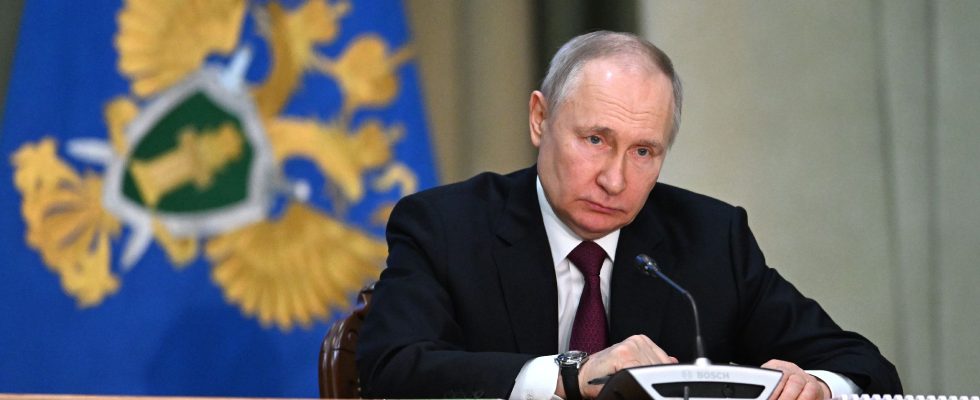Since Peter the Great (1682-1725), the “Russian project” has never ceased to be an imperial, expansionist, colonial enterprise. This remained true under Stalin, who occupied Eastern Europe; under Boris Yeltsin, whose troops are still stationed in the “republic” of Transnistria – a pseudo-buffer state between Moldova and Ukraine since 1992 – and, of course, under Vladimir Putin, who successively played gain ground in Georgia , in Crimea and in the Donbass, in Syria, then again in Ukraine, while planting its flags in Africa.
Against the West, the modus operandi is different. Moscow has been waging an indirect, psychological, covert and hybrid war for years. His weapons? Social networks, disinformation – fake news-, cyberattacks, interference, blackmail with gas or nuclear weapons, corruption and even the assassinations of opponents on European soil. To which must be added an undeniable diplomatic know-how which did not disappear with the war in Ukraine. Russia has just taken over, on April 1, the rotating presidency of the United Nations Security Council (which changes every month), to the great displeasure of kyiv.
An expert, Moscow practices the art of war in its most varied forms. And without respite. In The Great Confrontation, that he publishes these days with Allary editions, the essayist and MEP Raphaël Glucksmann remarks that with Putin, war is never a parenthesis. It is “the state of peace” that is. “Each moment of calm is a pause, he writes, each cordial understanding with this or that Western leader is a feint. Confrontation is the norm.” Shortly before February 24, 2022, didn’t Piotr Tolstoy, vice-president of the Duma and great-grandson of the writer, assert: “War is our national ideology”? Soon twenty-five years after Putin’s arrival in the Kremlin, we must, alas, accept this evidence.
